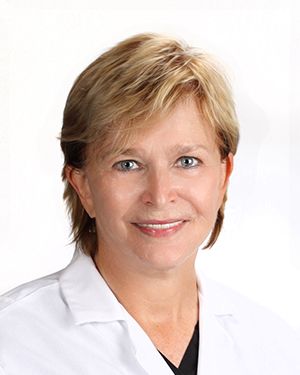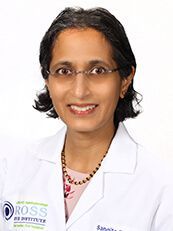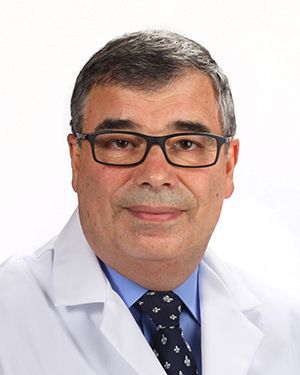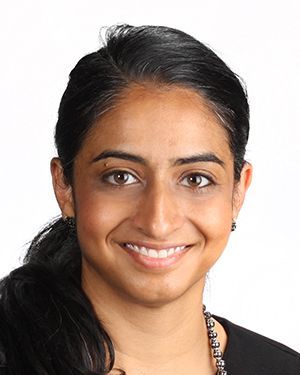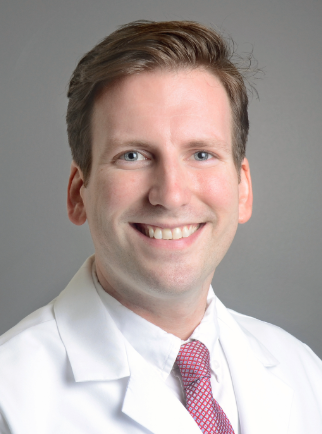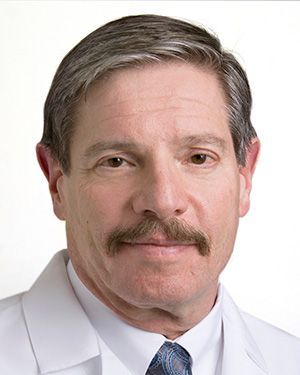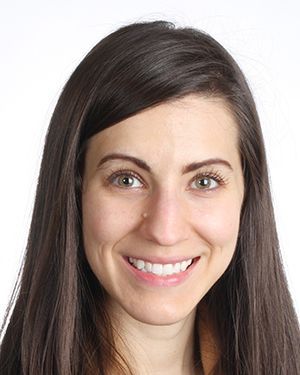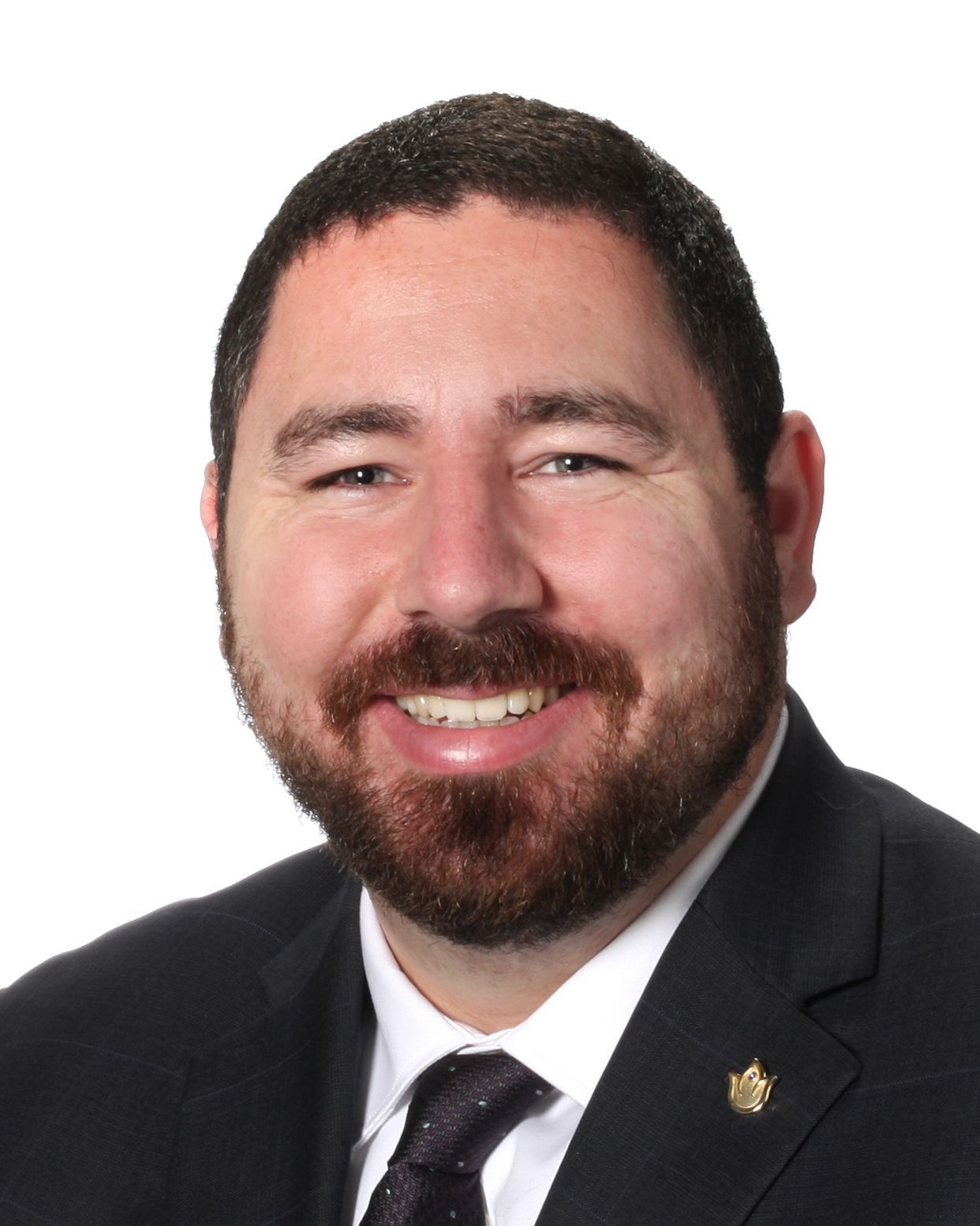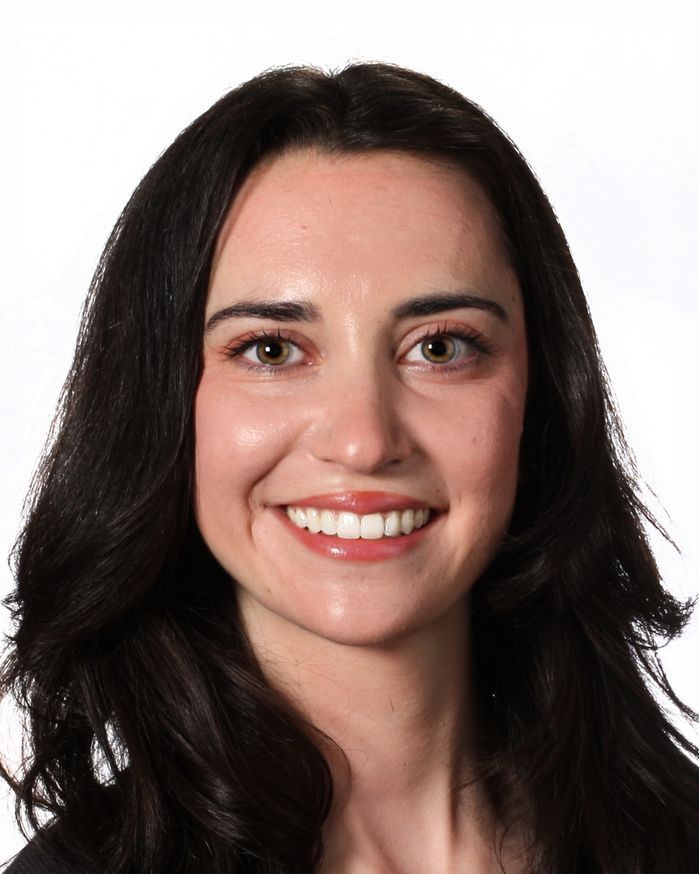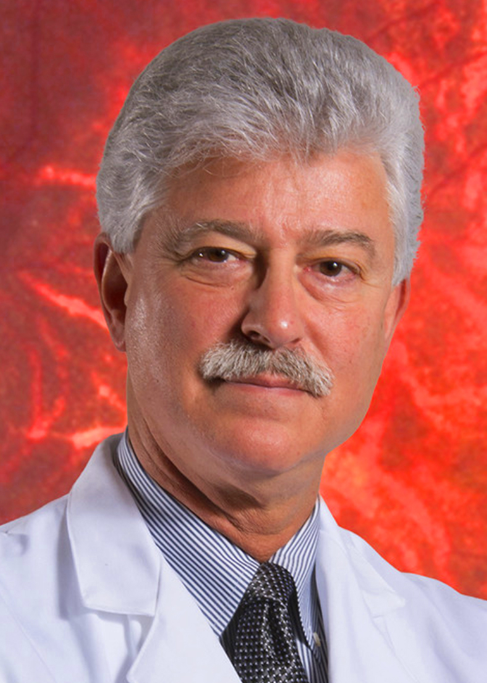MARGARET M. DEANGELIS, PHD
- ROSS EYE INSTITUTE -

Vision Research Center
Specialties
- Vision Research Center
Contact
Education
Title and Department:
Professor, Ophthalmology
Education and Training:
Ph.D. Neuroscience, Louisiana State University Health Sciences Center
M.S. Physiology, Medical College of Virginia
Certification, Statistics, Rockefeller University
Clinical Fellowship (Human Genetics, Statistics, Bioinformatics, Ophthalmology, Epidemiology):
Harvard Medical School/MEEI
Research Focus:
Systems biology-based approach to understanding disease mechanisms in both Mendelian and complex blinding diseases
Clinical Relevance:
Age-related macular degeneration
Synopsis of Research
Utilizing both families and then replication in large case-control populations to study DNA, gene expression and protein coupled with epidemiological information, our group has identified novel biomarkers (RORA, ROBO1, CYP24A1) and pathways associated with age-related macular degeneration and then replicated these findings in large ethnically diverse case control patient populations. We demonstrated that RORA, an intracellular target of cholesterol, interacted with other established AMD genetic risk factors (ARMS2/HTRA1) thus furthering the development of a unifying hypothesis underlying AMD pathophysiology. To enhance our translational efforts, in 2013, our laboratory and team of ophthalmologists created a well characterized fresh human donor eye bank of tissue, blood, serum and plasma from private foundation grants awarded to Dr. DeAngelis. The creation of a well characterized fresh donor eye repository by our group to study healthy eyes compared to disease states including, AMD, has enabled us to employ and develop genome wide level multi-omic approaches, including miRNAseq, RNASeq, RNA- single nuclei-Seq, allele specific expression, epigenetic, and statistical/bioinformatic tools to delineate disease mechanism. This is done in an effort to develop appropriate therapeutic targets and biomarkers for the different clinical stages of blinding disease. currently there are no cures for age-related macular degeneration.
OUR DOCTORS
-
Sandra Everett, MD
ButtonPhysician & Surgeon - Cornea
-
Sangita Patel, MD, PhD
ButtonPhysician & Surgeon - Cornea | Vision Research Center
-
Ruth Marie Mattern, MD, PhD
ButtonPhysician & Surgeon - Cornea
-
Vaitheeswaran Lalgudi, MD
ButtonPhysician & Surgeon - Cornea
-
Brian Madow, MD, PhD
ButtonPhysician & Surgeon - Retina
-
Jack Sullivan, MD, PhD
ButtonPhysician & Surgeon - Retina | Vision Research Center
-
John Lillvis, MD
ButtonPhysician & Surgeon - Pediatrics & Adult Strabismus
-
Shreya Prabhu, MD
ButtonPhysician & Surgeon - Pediatrics & Adult Strabismus
-
Andrew Reynolds, MD
ButtonPhysician & Surgeon - Pediatrics & Adult Strabismus
-
James Reynolds, MD
ButtonPhysician & Surgeon - Pediatrics & Adult Strabismus
-
Asher Weiner, MD
ButtonPhysician & Surgeon - Glaucoma
-
Sandra Sieminski, MD
ButtonPhysician & Surgeon - Glaucoma
-
Federico Gonzalez-Fernandez, MD, PhD
ButtonOcular Pathology
-
Kyle Arnoldi, CO, COMT
ButtonOrthoptics
-
Nancy Schrader
ButtonOptician
-
David Dauoheuang
ButtonOptician
-
Mankiran Singh, OD
ButtonOptometry
-
Avani Dave, OD
ButtonOptometry
-
Allison McGraw, OD
ButtonOptometry
-
Benjamin Gutsin, OD
ButtonOptometry
-
Chelsea May, OD
ButtonOptometry
-
Steven J. Fliesler, PhD
ButtonVision Research Center
-
Sarah Xin Zhang, MD
ButtonVision Reseach Center
-
Xiuqian Mu, MD, PhD
ButtonVision Research Center
-
Josh J. Wang, MD, MS
ButtonVision Research Center
-
Margaret M. DeAngelis, PhD
ButtonVision Research Center
-
Michael H. Farkas, PhD
ButtonVision Research Center
Contact Us
We will get back to you as soon as possible.
Please try again later.
BUFFALO NIAGARA
F: 716-881-4349
Office Hours:
Monday - Friday: 8:00 am - 4:30 pm
SOUTHTOWNS OFFICE
F: 716-677-6507
Office Hours:
Monday - Friday: 8:00 am - 4:30 pm
BUFFALO NIAGARA
F: 716-881-4349
Office Hours:
Monday - Friday: 8:00 am - 4:30 pm
SOUTHTOWNS OFFICE
F: 716-677-6507
Office Hours:
Monday - Friday: 8:00 am - 4:30 pm
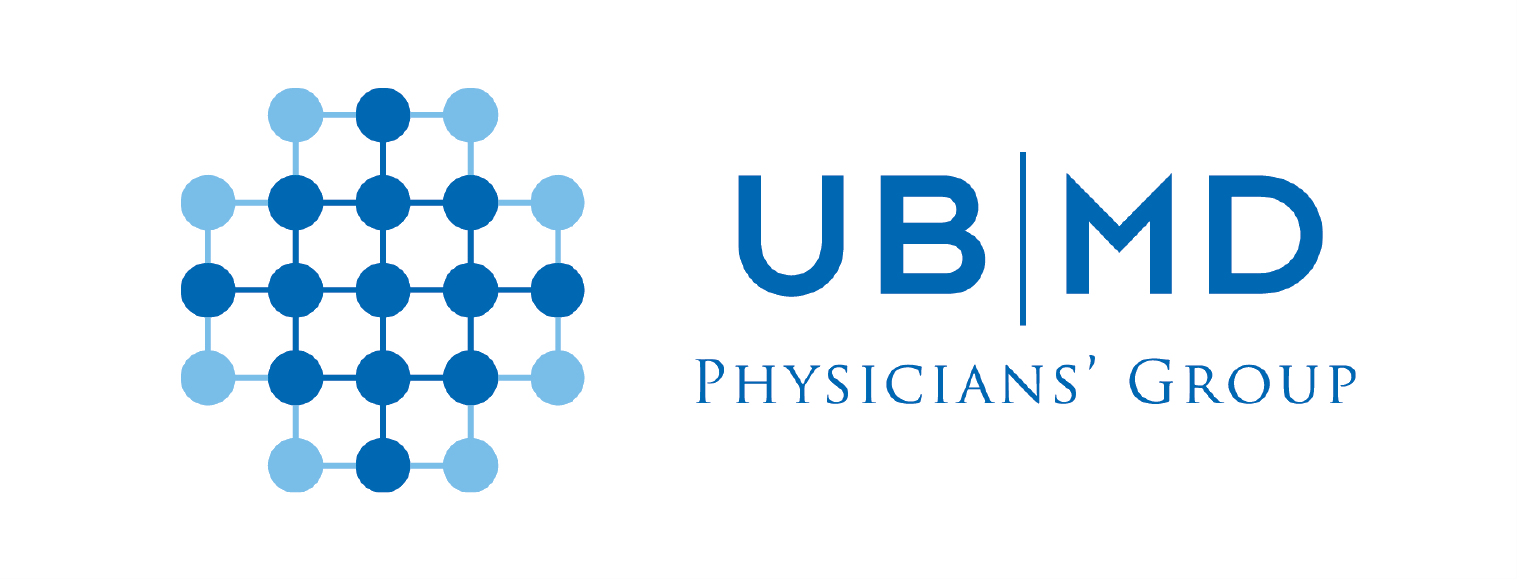
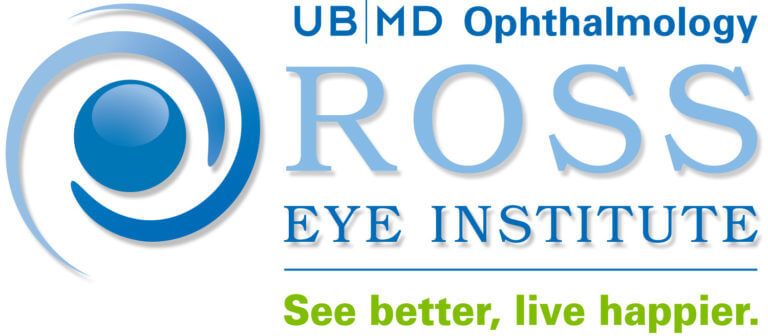
© 2024. Ross Eye Institute.
The Ross Eye Institute website makes every attempt to comply with The Americans with Disabilities Act (ADA) of 1990. If you are using a screen reader and are having problems using this website, please call for assistance.
